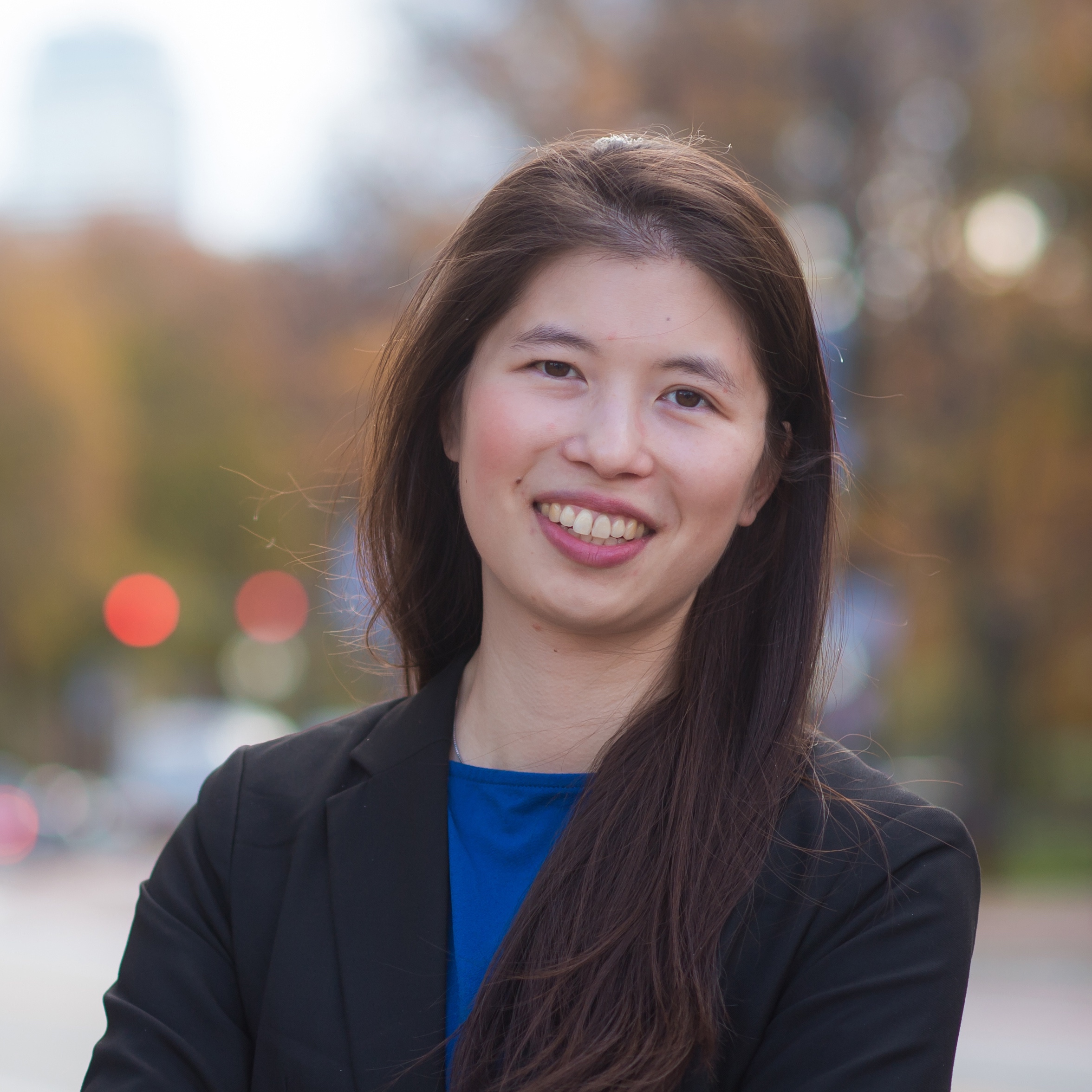The adoption of cyber-physical systems (CPS) is growing at an accelerated rate, giving rise to large-scale CPS??for example, comprised of large numbers of robots in a warehouse, turbines on a wind farm, or vehicles and traffic signals in a city. If intelligently coordinated, these systems will unlock transformative societal benefits across broad economic sectors. They also promise to contribute to the most pressing challenge of the century??climate change??by substantially utilizing resources more effectively, such as from supply chains, energy systems, and urban systems. Unfortunately, effective coordination schemes have been elusive due to the sheer scale and diversity of scenarios that these systems encounter. To advance robust coordination in large-scale CPS, this project investigates the generalization of learning-enabled methods as a key solution concept, in light of their potential to translate coordination schemes across disparate scenarios. The project's impact will be enhanced through the dissemination of open-source research and teaching material, and via experiments derived from large-scale CPS applications in collaboration with public sector, industry, and academic partners. The project also boosts K-12, undergraduate, graduate, and professional education, by supporting and actively engaging students in research activities, promoting the translation of research to practice, and through outreach efforts targeting middle school students from underrepresented and underserved communities.
This NSF CAREER project focuses on an enabling methodology for large-scale CPS: understanding generalization of learning-enabled methods, and further applying it to reduce the complexity of system design and analysis. Recent evidence shows that controllers trained using machine learning sometimes have the remarkable ability to generalize to other scenarios, such as to different problem sizes or between simulated and physical robotic systems. However, generalization is currently more of an art than a science; the conditions under which generalization is successful are not well understood. At the same time, large-scale CPS often induce parameterized families of scenarios; for example, traffic control must consider different weather conditions, sensing modalities, and numbers and types of agents. This family of related CPS scenarios thus provides a platform for carefully examining generalization across scenarios. The project will: 1) advance learning algorithms for large-scale CPS by designing coordination-aware model-based reinforcement learning methods for multi-agent systems; 2) leverage the algorithms to understand generalization by formalizing, measuring, and characterizing generalization with respect to deviations in CPS scenarios; and then 3) harness generalization for robust coordination, by efficiently solving large families of scenarios necessary to provide high performance and assurances.
